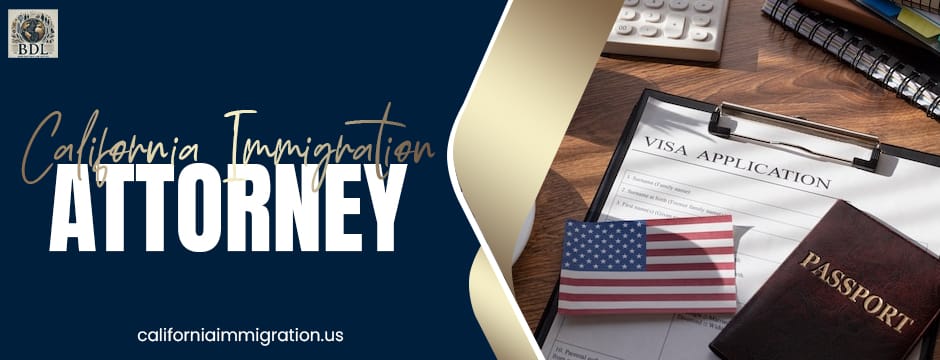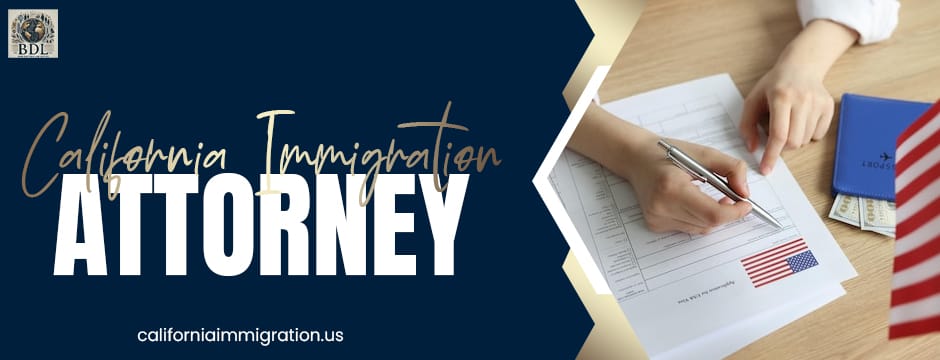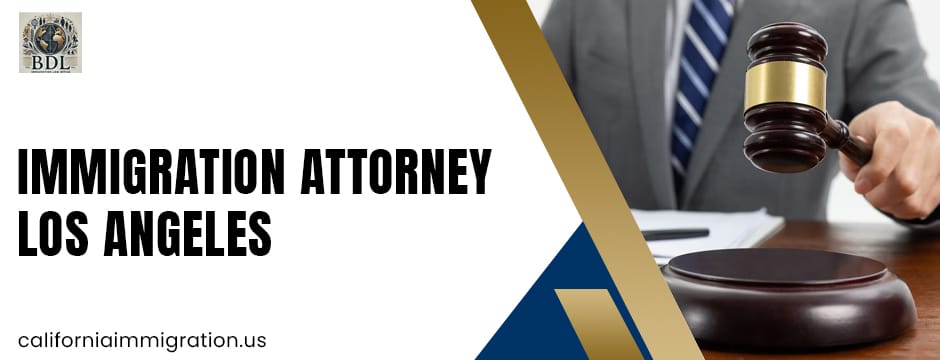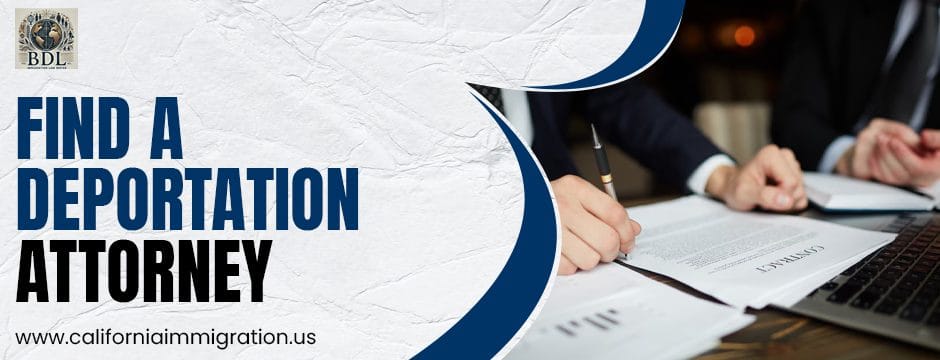For many years, the United States has been a place where individuals turn to for protection from violence, conflict, natural disasters, and other urgent humanitarian crises. While the immigration system provides a range of pathways for lawful entry, Temporary Protected Status (TPS) and Humanitarian Parole remain critical tools for individuals in urgent need of protection. Understanding the legal frameworks and policies surrounding these programs is essential for navigating their complex requirements. Consulting an experienced US visa lawyer can help applicants assess eligibility, prepare strong applications, and avoid common pitfalls. In this article, we provide a detailed legal and policy analysis of TPS and Humanitarian Parole, highlighting their significance, eligibility criteria, procedural steps, and the role of legal counsel.
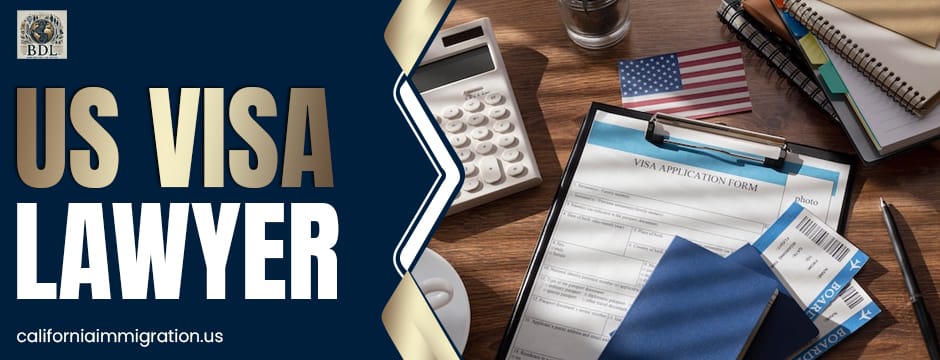
Understanding Temporary Protected Status (TPS)
Temporary Protected Status is a humanitarian program administered by the U.S. Citizenship and Immigration Services (USCIS). It allows nationals from designated countries affected by ongoing armed conflict, environmental disasters, or extraordinary conditions to remain in the United States temporarily. TPS does not constitute a permanent immigration status, but it provides legal authorization to live and work in the U.S. for the duration of the designation.
Eligibility Criteria
TPS eligibility is defined by several criteria. An individual must be a national of a country designated for TPS by the Secretary of Homeland Security or a person without nationality who last resided in that country. Applicants must have continuously resided in the United States since the date specified by the designation. Furthermore, applicants should have been continuously physically present in the U.S. from the date designated in the Federal Register notice. Certain criminal and security-related grounds of inadmissibility or removal can render a person ineligible for TPS.
Eligibility determination requires careful evaluation of an individual’s immigration history. Here, consulting a US visa lawyer can ensure that all criteria are met and potential legal obstacles are addressed. A skilled attorney can also assess the impact of prior entries, visa overstays, and other factors on TPS eligibility.
Designation and Duration
TPS is country-specific and can be designated for periods ranging from six months to eighteen months, often renewed depending on conditions in the home country. The Secretary of Homeland Security evaluates whether the conditions that prompted the designation persist and whether an extension is warranted. Individuals with TPS may travel abroad only with advance parole authorization, and unauthorized travel can result in termination of the status.
Employment Authorization
TPS recipients automatically become eligible for employment authorization by filing Form I-765. This allows them to legally work in the United States for the duration of their status. Employment authorization under TPS is critical not only for financial stability but also for integrating into U.S. communities while awaiting longer-term solutions.
Benefits and Limitations
TPS provides immediate protection from deportation and work authorization, but it does not offer a direct path to permanent residency or citizenship. Individuals seeking permanent solutions must explore alternative avenues, such as family-based or employment-based petitions. A knowledgeable immigration attorney in Los Angeles can help navigate these transitions, ensuring that TPS holders understand all legal options and potential strategies for adjusting status.
Humanitarian Parole: Legal Framework
Humanitarian Parole enables people who would not normally be allowed to enter the United States to come temporarily for urgent humanitarian reasons or important public interest. Unlike TPS, which is country-specific, Humanitarian Parole focuses on individual cases. USCIS and the Department of Homeland Security have discretion to grant parole on a case-by-case basis.
Eligibility and Application Process
Humanitarian Parole is generally provided to individuals who are facing life-threatening circumstances, urgent medical emergencies, or immediate danger in their home country. Petitioners must demonstrate the urgent nature of the request and provide supporting evidence, including medical records, affidavits, or other relevant documentation. Form I-131, Application for Travel Document, is used to request parole, and applicants must submit detailed statements explaining the urgent circumstances and reasons why regular immigration channels are not feasible.
Duration and Limitations
Humanitarian Parole is usually granted for a limited period, often one year or less. It allows the recipient to be physically present in the United States lawfully but does not confer permanent residency or guarantee work authorization. Employment authorization may be requested by submitting Form I-765, but it is not automatically granted.
Due to the discretionary nature of Humanitarian Parole, the assistance of a US visa lawyer is invaluable. Legal counsel can ensure that the application is complete, properly documented, and framed to maximize the chances of approval.
Policy Considerations and Legal Challenges
Both TPS and Humanitarian Parole operate within a broader context of U.S. immigration policy and international humanitarian obligations. While TPS is rooted in legislation, primarily the Immigration Act of 1990, Humanitarian Parole is derived from the discretionary authority of the Secretary of Homeland Security. This distinction has significant policy implications.
TPS and Changing Political Landscapes
TPS designations are sensitive to political and administrative changes. Shifts in policy priorities can lead to extensions, redesignations, or terminations of TPS for specific countries. When TPS designations are ended earlier than expected, recipients often face legal challenges and the threat of deportation. Courts have examined the limits of executive discretion in TPS terminations, emphasizing the need for reasoned decision-making and adherence to statutory obligations.
Humanitarian Parole and Discretionary Authority
Humanitarian Parole relies heavily on discretion, making it vulnerable to inconsistencies and delays. High-profile humanitarian crises, such as medical emergencies or threats to journalists and human rights defenders, highlight the importance of careful documentation and timely legal advocacy. Legal challenges may involve appeals or motions to reopen when parole requests are denied, underscoring the complexity of navigating this pathway without professional guidance.
Intersection with Other Immigration Programs
Many TPS and Humanitarian Parole recipients pursue other immigration avenues simultaneously. For instance, an individual granted TPS may later qualify for adjustment of status through a U.S. citizen spouse. Similarly, someone entering under Humanitarian Parole may seek asylum or other forms of relief. Legal strategy is essential to avoid jeopardizing future eligibility. Here, consulting an immigration attorney in Los Angeles ensures that cases are structured to protect long-term immigration prospects while meeting immediate humanitarian needs.
The Role of Legal Representation
Navigating TPS and Humanitarian Parole applications is inherently complex. Both programs require meticulous documentation, knowledge of evolving policy, and careful assessment of eligibility. Engaging a US visa lawyer or experienced immigration attorney can significantly improve outcomes. Legal professionals provide guidance on evidence collection, application submission, and addressing potential obstacles such as prior immigration violations or criminal history.
An experienced attorney can also monitor policy changes and court rulings that may impact TPS or Humanitarian Parole eligibility. By ensuring timely filings and accurate representation, legal counsel reduces the risk of application denial and provides strategic pathways for long-term lawful status.
Law Offices of Brian D. Lerner: Expertise in Humanitarian Immigration
At the Law Offices of Brian D. Lerner, we specialize in providing comprehensive immigration solutions for individuals navigating complex situations such as TPS and Humanitarian Parole. With nearly 30 years of experience, we have assisted families, students, workers, and individuals in urgent circumstances to secure lawful protection in the United States. Our team prepares detailed applications, gathers supporting evidence, and develops personalized strategies to maximize approval chances.
We understand the critical importance of timely action in humanitarian cases. Our approach includes reviewing eligibility, addressing potential risks, and providing clear guidance on the steps ahead. Clients benefit from our deep knowledge of federal regulations and our commitment to advocacy. By working closely with a US visa lawyer at our firm, applicants receive not only legal representation but also practical support in navigating complex immigration processes.
Comparative Analysis: TPS vs. Humanitarian Parole
While TPS and Humanitarian Parole share the common goal of providing temporary protection, they differ in structure, scope, and legal foundation. TPS is country-specific, granted for extended periods, and provides automatic employment authorization. Humanitarian Parole is case-specific, short-term, and discretionary, with work authorization granted on a separate basis.
The choice between pursuing TPS or Humanitarian Parole depends on the individual’s circumstances. Factors such as country of origin, current location, urgency of the situation, and eligibility for alternative immigration benefits play a decisive role. Legal counsel is essential in evaluating these factors and determining the most appropriate pathway.
Policy Recommendations
Policymakers and advocates emphasize the need for clear, consistent, and fair application of TPS and Humanitarian Parole. Recommendations include:
- Enhanced Transparency: USCIS and the Department of Homeland Security should provide timely updates on designations, extensions, and discretionary decisions.
- Streamlined Application Processes: Simplifying forms, instructions, and supporting documentation requirements can reduce administrative delays.
- Access to Legal Assistance: Ensuring that applicants have access to qualified immigration attorneys improves compliance, reduces errors, and supports better outcomes.
- Data-Driven Decision-Making: Using empirical evidence on country conditions, applicant outcomes, and humanitarian needs can inform policy adjustments.
By addressing these recommendations, the United States can strengthen its commitment to humanitarian protection while maintaining regulatory oversight and national security.

Conclusion
Temporary Protected Status and Humanitarian Parole are vital tools for individuals facing urgent threats, conflict, or extraordinary hardship. TPS provides country-specific relief with work authorization, while Humanitarian Parole offers discretionary entry to address immediate humanitarian needs. Both programs require careful attention to eligibility, documentation, and procedural compliance.
Legal representation by a US visa lawyer is critical for navigating these pathways successfully. The guidance of an experienced attorney can improve approval chances, ensure compliance with complex regulations, and protect long-term immigration prospects. At California Immigration, we combine expertise, personalized attention, and a commitment to advocacy. We help clients understand their options, prepare comprehensive applications, and pursue the most strategic legal pathways for temporary protection. Whether assisting with TPS, Humanitarian Parole, or other immigration relief, we work tirelessly to provide clarity, support, and effective legal solutions for individuals in need.


